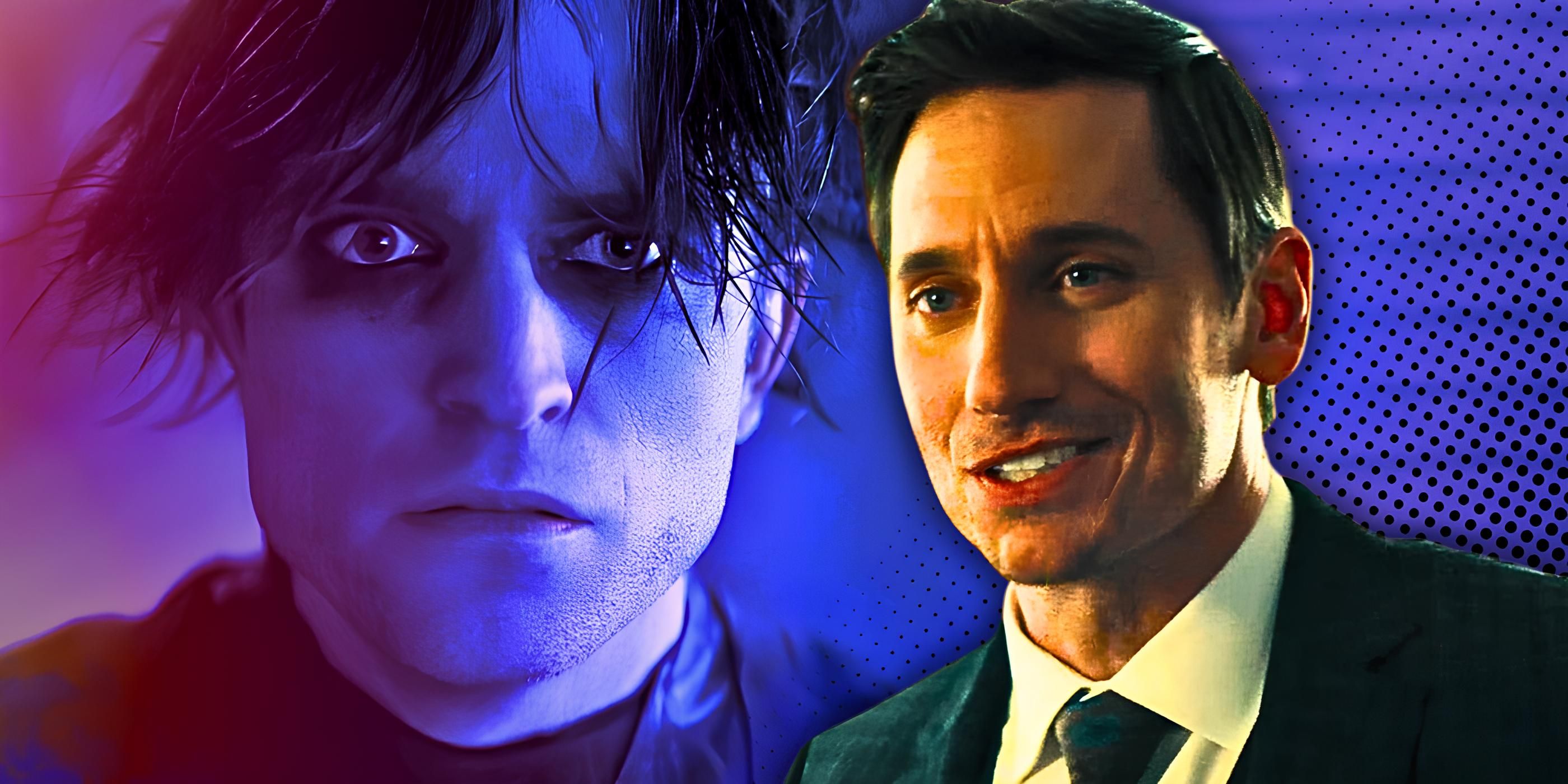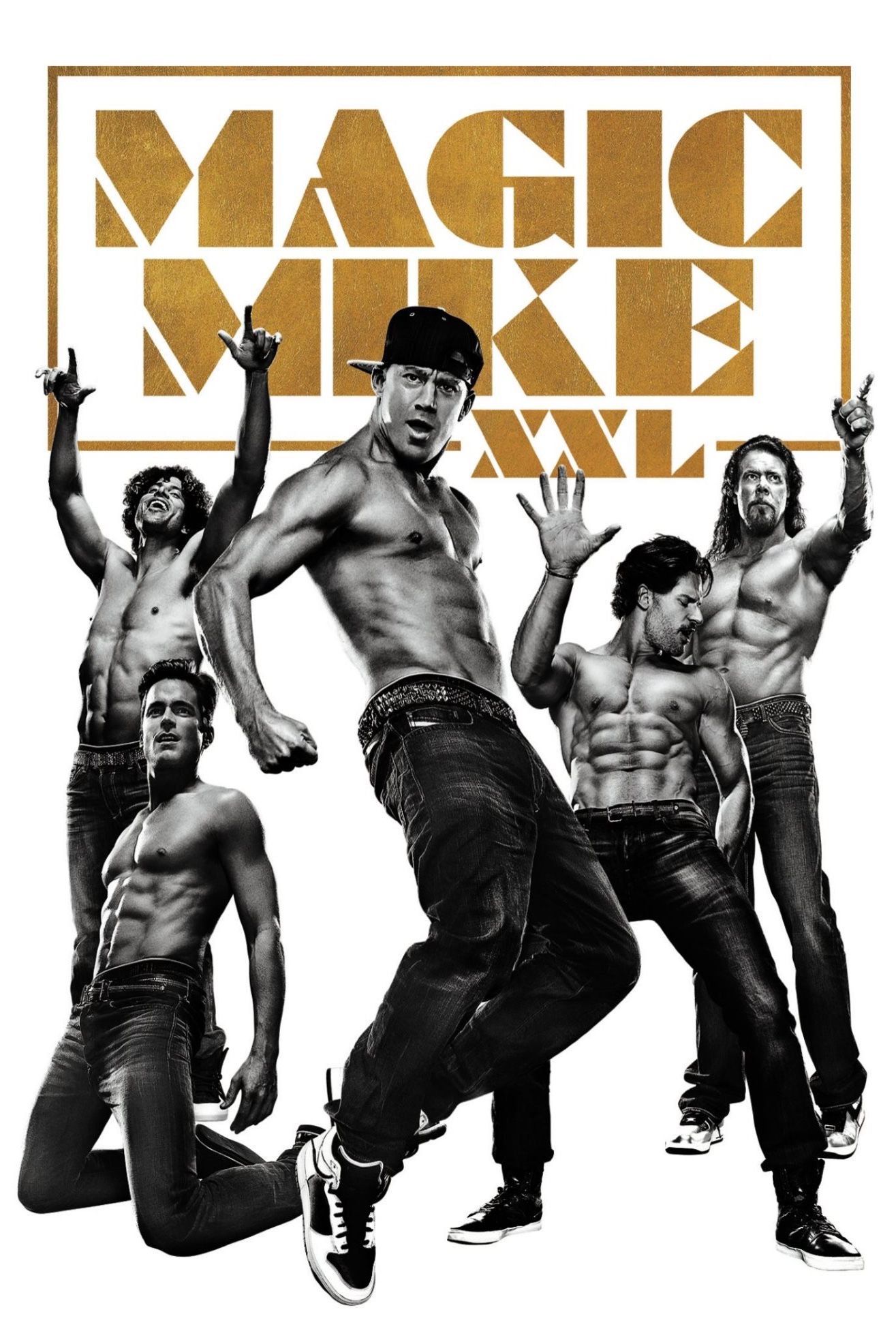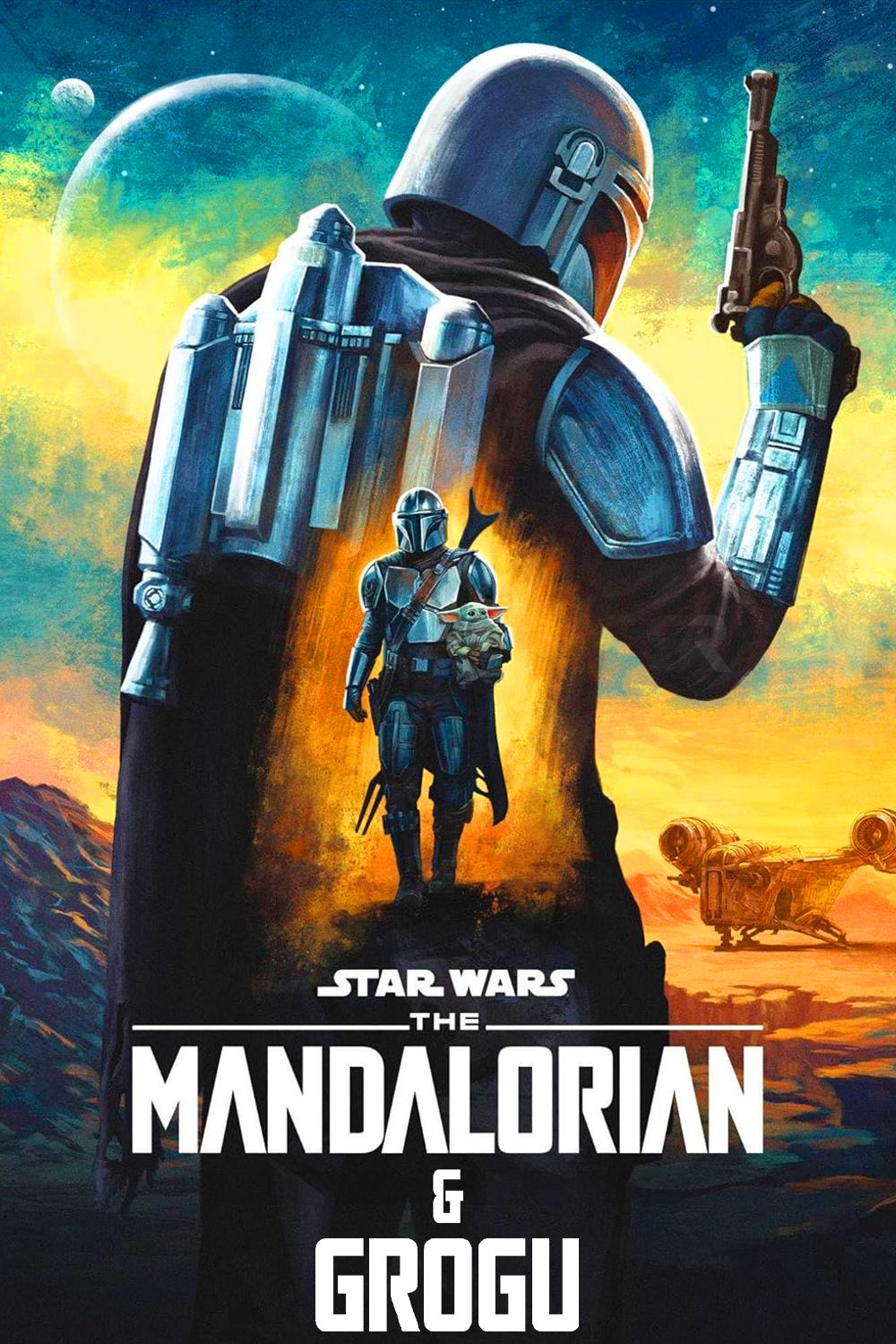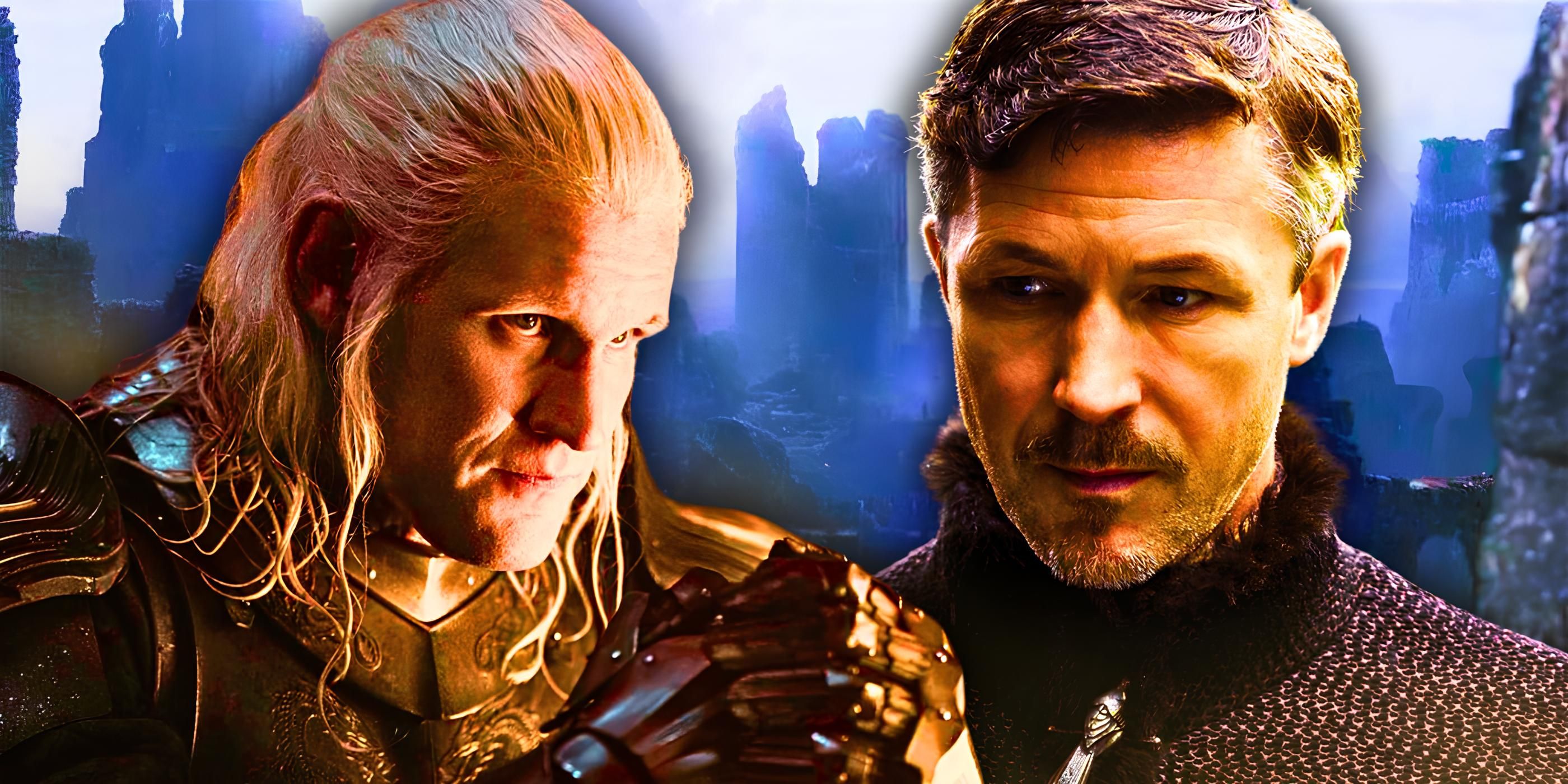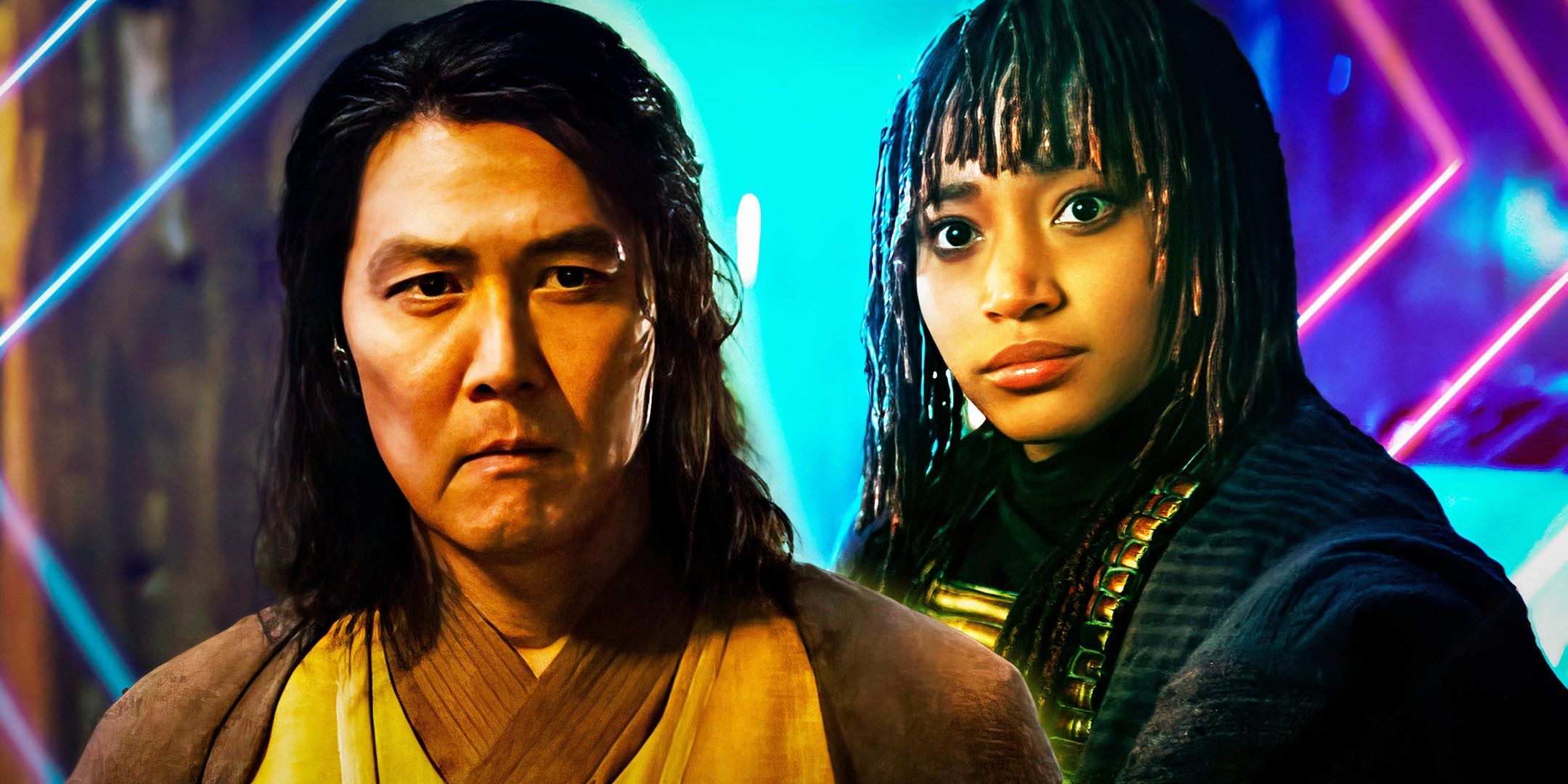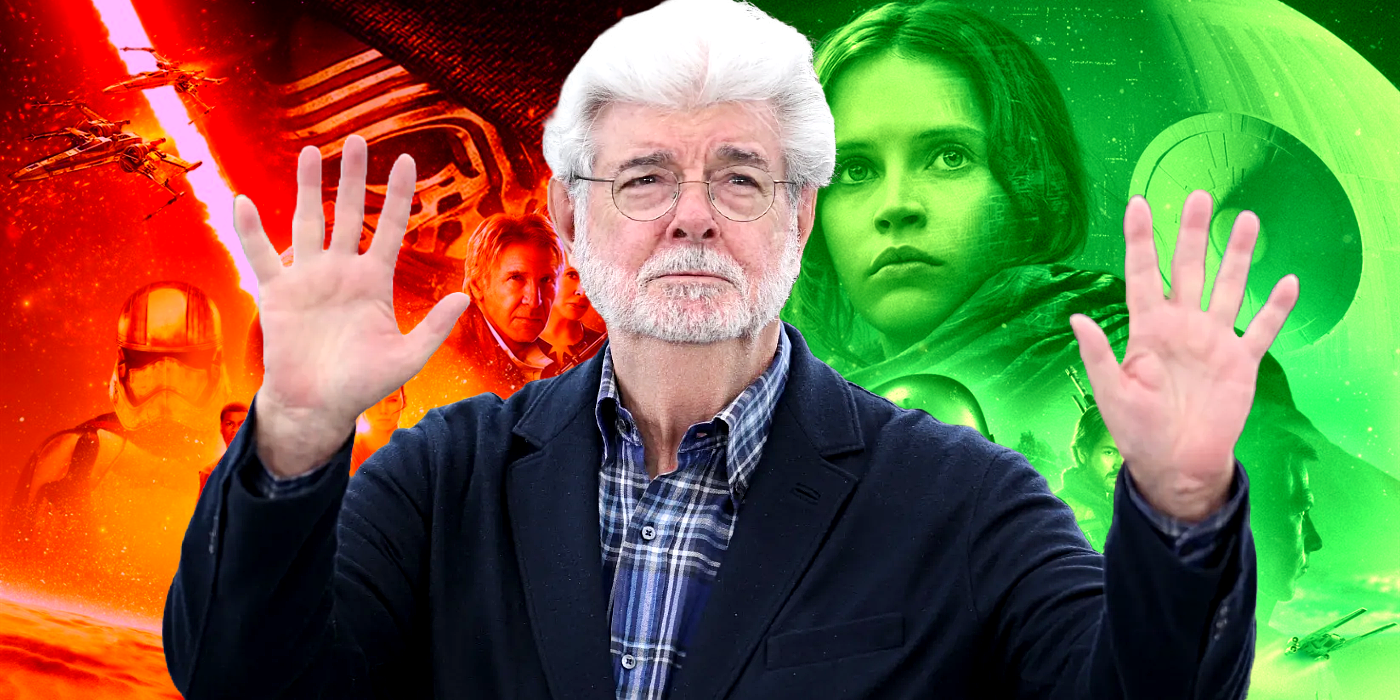The appeal of a shared comic book universe is obvious: buy a movie ticket, or turn the channel to your favorite comic book story on TV, and squeal with delight at the mention of another hero’s city, adventures, or simply their name. Recently, fans have praised Marvel’s Daredevil series for hinging its plot on the fallout of The Avengers‘ big screen debut. Meanwhile, The CW has sent the cast of The Flash and Arrow back and forth (and joining forces in crossover events); however the divide between DC Comics’ movie and TV universes means their hands are undeniably tied.
Yet we have to wonder: will the split between the DC Movie Universe and its TV counterpart(s) prove to be as much of a problem as some fans fear it to be, or are there benefits fans have yet to consider?
–
Multiverse Confusion
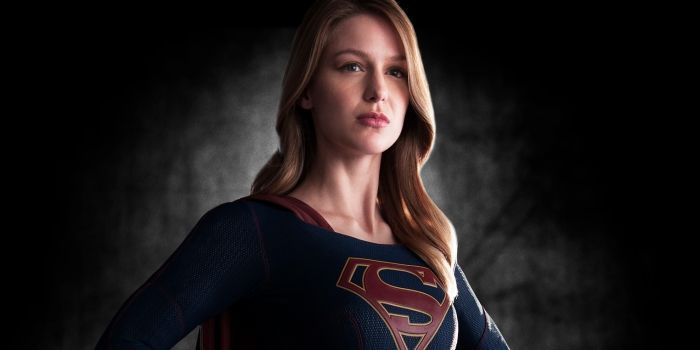
This is a difficult question to answer, or even discuss. Zack Snyder’s Justice League universe may be crafted by a team of executives and creatives, but the variety of heroes and networks on TV has implied an ‘every man for themselves’ mentality.
That all changed when DC heroes like Supergirl (Superman’s cousin) and Robin (Batman’s sidekick) were announced to be coming to TV (in Supergirl and Titans, respectively). The line between Warner Bros.’ TV and film mythologies was instantly blurred, making it hard to view them as cleanly divided. Superman will be present in Supergirl‘s mythology – and he will appear in the show’s pilot; despite the Dark Knight’s presence on the big screen, the TV Robin is also rumored to be a former protege of Batman, making Batman an established character in the TV universe, as well.
Assessing where the DC TV universe stands in relation to the movie universe is confusing – but perhaps not as confusing as it may seem at first.
–
Iconography: The DC Advantage
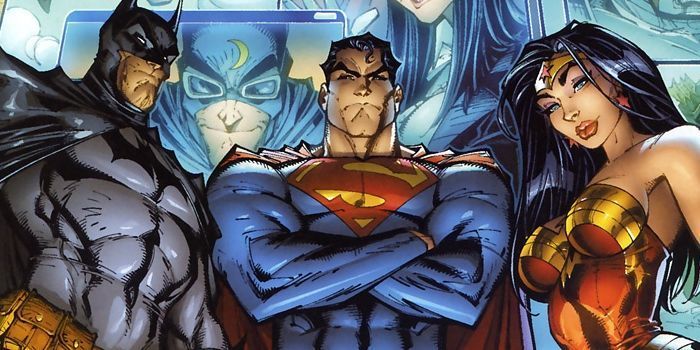
The global awareness surrounding icons like Batman and Superman can’t be understated; not only does that cultural capital allow the introduction of an older Dark Knight in Batman V Superman (everyone knows Bruce Wayne’s origin story), but also makes it possible to draw upon the fictional figures without specifying a particular version. Yet if TV characters are inherently linked to big screen heroes, like Robin to Batman, but denied existence in the films, how can TV writers and networks keep confusion at bay?
The simplest answer may be the best one: for Titans, it’s as easy as confirming that Dick Grayson has parted ways with Batman. Which Batman? Simple: the Batman this version of Robin was trained by.
That may seem a cop-out, or a continuity problem worth writing off a TV project over. But FOX is already telling a Batman origin story as we speak, crafting new tales with Bruce Wayne and his stable of villains at their core, avoiding confusion by setting the events in a version of Gotham seen decades before that of feature films (more or less).
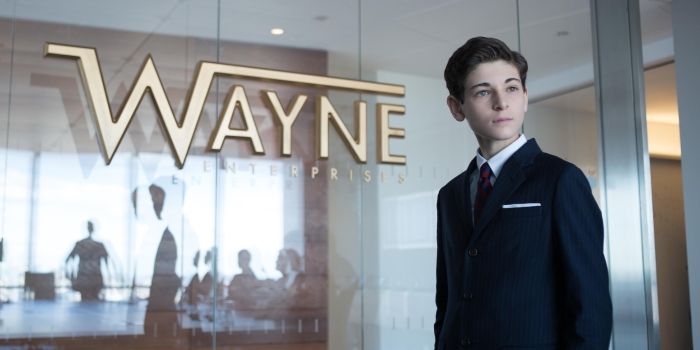
We would now point out that such a divide between DC film and television is the only thing which makes a creatively open-ended show like Gotham possible at all, illuminating another thought to keep in mind: Claiming that Titans‘ Dick Grayson was Batman’s sidekick isn’t the same thing as saying he was the sidekick to Ben Affleck’s Batman.
Similarly, CBS’ Supergirl may be Superman’s cousin – but not the one seen in Man of Steel.
–
Is Robin Really Robin Without Batman?
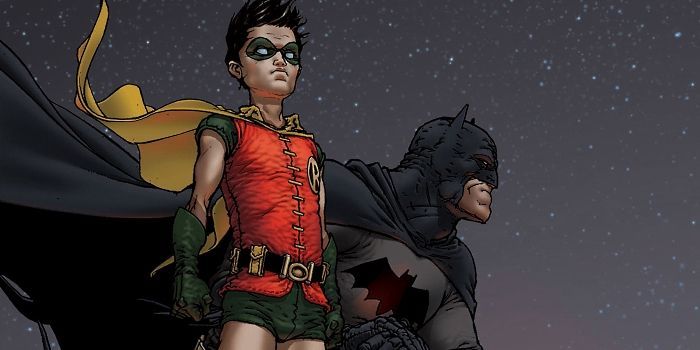
When word broke that the “Teen Titans” were coming to TNT, it was assumed a young crop of DC Comics heroes would star – but surely not Dick Grayson a.k.a. Robin a.k.a. Nightwing. Why? Because Batman is off-limits to TV, so adapting a character so deeply rooted in his mythology was the kind of confusion WB was likely trying to avoid.
The question few asked at the time is at what point Batman’s absence from TV was equated with Batman ceasing to exist in any capacity or continuity outside of WB’s movie universe. Gotham is granted freedom to draw from the same pool of source material, so why couldn’t Titans do the same with a sidekick absent from the film universe?
Similar assumptions had fans wondering how CBS would introduce Superman’s cousin without any mention of Superman (it’s on TV, where Supes isn’t allowed). The solution would be simpler – re-tell the classic origin with Kara as the lead – but a Supergirl series is obviously intended to capitalize on Superman’s popularity, not erase any link in the pilot episode.
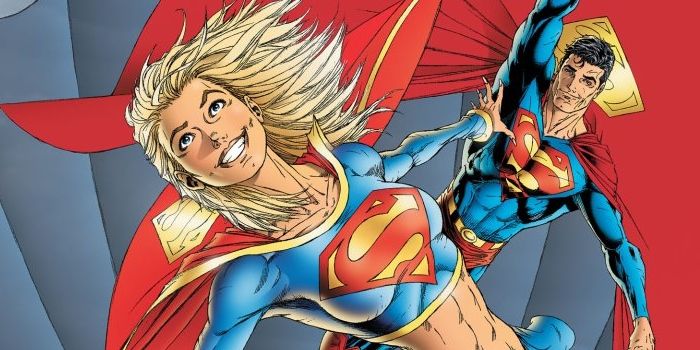
With Greg Berlanti (executive producer of The Flash and Arrow) overseeing production on Supergirl, and bringing Flash showrunner Andrew Kreisberg on board with him, the pair’s commitment to DC Comic canon makes it hard to believe that removing these characters from their place in DC history is the best course of action. If that is the case, why would these properties be attractive for adaptation in the first place?
“You can definitely adapt the story of Batman’s sidekick…except you can’t mention or allude to Batman…or his villains…or that Robin was ever his sidekick. Fans will love it.”
_____________________________________
NEXT PAGE: Advantages Over Marvel
_____________________________________
–
A Single ‘Shared Universe’ May Be Overrated
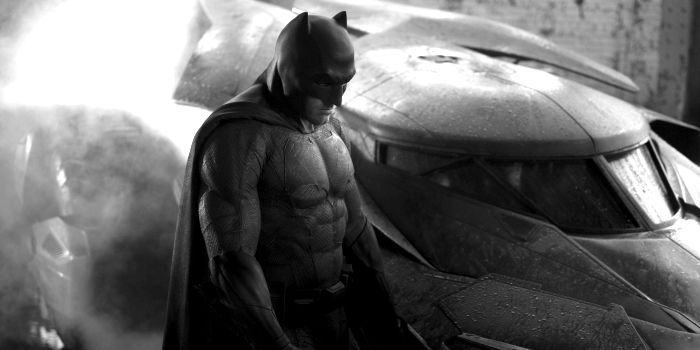
We’ve explained why fans hurt their own cause when it comes to a shared TV universe, and the same is true of the split between movies and TV. Be honest: if it were announced tomorrow that the Bruce Wayne seen on Gotham was, in WB’s eyes, Ben Affleck’s version seen in Batman V Superman, would it really matter? Would Gotham undergo a transformation in quality or meaning – not due to its cast or writers, but rather some intangible “connection” to a larger universe?
Without that explicit overhead, TV programs based on DC Comics serve no greater master but their own. Say Titans adds its own speedster in the form of Impulse a.k.a. Bart Allen (Barry’s grandson), and Nightwing a.k.a. Dick Grayson as well. Comic fans would be able to see two Flashes in action at the same time, while a Batman origin story plays alongside the adventures of his future sidekick. In a universe restricted to the plans and casts of a film studio, such variety would be nearly impossible.
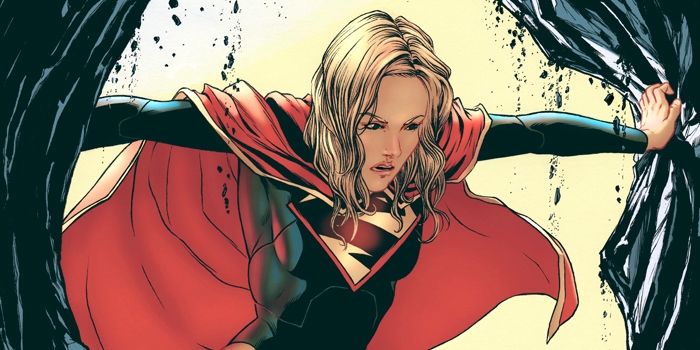
Moreover, for a show to actually be successful on network television, it must please more than the most devoted comic readers (look to Constantine for proof). So while some claim severing ties to Superman has doomed Supergirl before the pilot even airs, there are millions of households simply curious to check the show out on premiere night – and a good number of them will (rightly) expect to see Superman play a part.
–
Remember: DC Isn’t Marvel
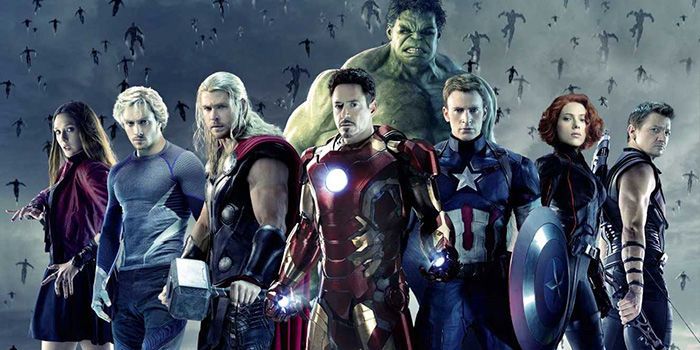
There’s no question Marvel’s heroes have their own rabid fan base, but there was serious work to be done to make the likes of Iron Man, Captain America, and Thor household names. The success of The Avengers and the MCU is unparalleled, which means that for millions around the world, Captain America is Chris Evans. Iron Man is Robert Downey, Jr.. Thor is Chris Hemsworth, and so on.
With no other live-action take on the heroes having gained such popularity, any mention of an Avenger in the extended MCU (on ABC’s Agents of S.H.I.E.L.D. or Netflix’s Daredevil) would generally call to mind not only the superhero and their films, but the one canonical version in existence (comments like “THIS Steve Rogers wasn’t in love with Peggy Carter” would be nonsense).
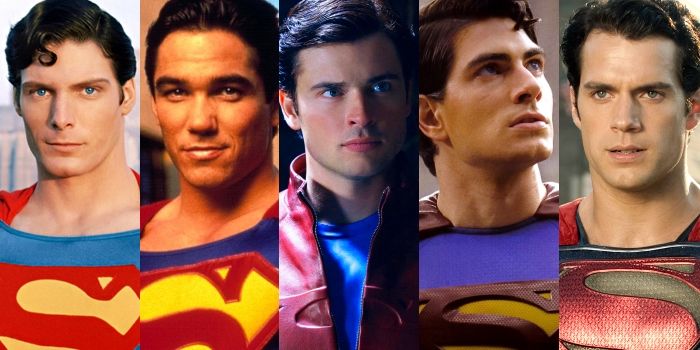
By contrast, every movie or superhero fan has their own favorite Superman: Christopher Reeve, Dean Cain, Tom Welling, Brandon Routh, or Henry Cavill… the hero’s lasting popularity and wealth of adaptations means that icons like Superman (and Batman) have transcended any actor, film, or particular re-imagining. When the depiction changes with every decade (sometimes more than once), the need or ability to define one as ‘canon’ seems far less important.
Rabid fans may claim that “Superman” being mentioned on Supergirl – or Batman referred to by Titans‘ Grayson – will have viewers stunned into confusion, demanding to know “which Superman do you MEAN?”, but it’s just as likely that they would enjoy the reference despite its ambiguity. It would be foolish to demand to know “which Batman” Gotham is following, since that question isn’t posed by the show itself.
When Smallville‘s series finale coincided with Superman Returns, the use of the movie’s suit as part of the show’s reveal wasn’t taken as the controversial ‘shared universe confirmation’ that it would be today; fans simply took it as one Superman property tipping its hat to another, and acknowledging that every incarnation only adds to the larger mythology.
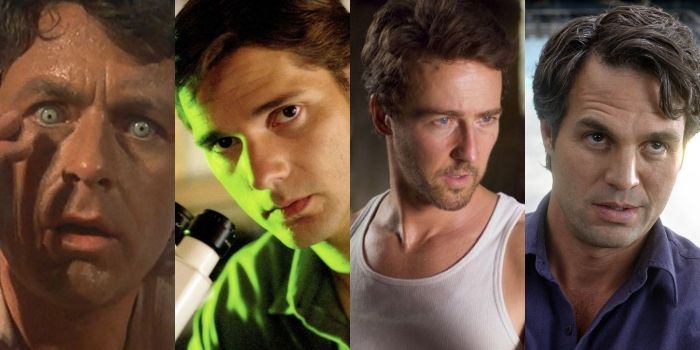
It’s visible in Marvel’s films, as well: when Avengers viewers saw Mark Ruffalo take over as The Hulk, were they utterly lost in the theaters, unsure if the origin story seen with Eric Bana (Hulk) and ignored by Edward Norton (The Incredible Hulk) was still canon? Or did they simply appreciate Ruffalo’s take on a hero with a simple premise – first made famous on TV, played by Bill Bixby and Lou Ferrigno?
Honestly, casual viewers and devoted comic fans all benefited from Joss Whedon and Marvel’s decision that addressing Bruce Banner’s past wasn’t all that interesting, and the world agreed. If changing actors and potential backstory without explanation brought so little confusion in one single, linear universe already – for a hero only as well-known as the Incredible Hulk – fans should probably be given a bit more credit.
Especially when it makes creativity and risk-taking possible – so long as there is an audience for it.
–
Conclusion
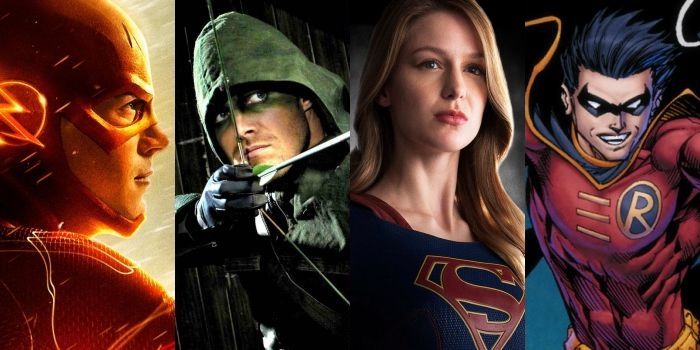
We may be entirely off the mark, and Warner Bros. film and TV may be hotly debating how to rigidly separate their universes at this moment. But until such time as actual evidence arises to prove that heroes born of DC’s biggest and most well-known legacies will be forced to cut those ties for TV, it’s strange to assume that’s the case.
Do you think we make a strong case, or do you have your doubts? Be sure to share your own thoughts on DC’s TV and movie plans, and voice your own concerns in the comments.
–
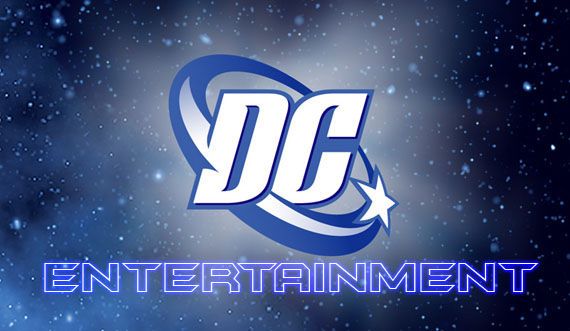
DC TV
Gotham airs on Mondays @ 8pm on Fox; The Flash airs Tuesdays @ 8pm on The CW; Arrow airs Wednesdays @8pm on The CW; Supergirl is expected to air in the Fall 2015 pilot season; Titans is currently still in development.
DC Movies
Batman V Superman: Dawn of Justice will be in theaters on March 25th, 2016; Suicide Squad on August 5th, 2016; Wonder Woman – June 23rd, 2017; Justice League – November 17th, 2017; The Flash – March 23rd, 2018; Aquaman – July 27th, 2018; Shazam – April 5th, 2019; Justice League 2 – June 14th, 2019; Cyborg – April 3rd, 2020; Green Lantern – June 19th, 2020.
